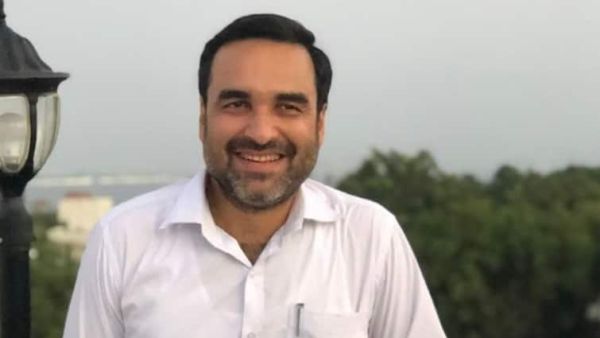 Tamil Nadu's Legal Action Against the Union Government
Tamil Nadu's Legal Action Against the Union Government
On Wednesday, the government of Tamil Nadu filed a petition with the Supreme Court, alleging that the Union government is unlawfully withholding funds allocated for the Samagra Shiksha Scheme for the fiscal year 2024-2025.
The state claims that this action is a direct consequence of its refusal to adopt the 2020 National Education Policy and the PM SHRI Schools initiative, as well as its opposition to the three-language policy that includes Hindi.
In its legal filing, Tamil Nadu stated that such coercive measures are not only legally unjustifiable but also contradict state laws.
The state characterized the Union government's decision to freeze these funds as a serious breach of cooperative federalism.
In its suit, filed under Article 131 of the Constitution, Tamil Nadu requested the Supreme Court to compel the Union government to release over Rs 2,291 crore that it claims is owed under the Samagra Shiksha Scheme, along with interest for the delay.
Article 131 provides the Supreme Court with jurisdiction over disputes arising between states or between states and the Union government.
Tamil Nadu also urged the court to declare the Union government's linkage of Samagra Shiksha Scheme funds to the implementation of the 2020 National Education Policy and PM SHRI Schools as unconstitutional, illegal, and arbitrary.
The state contended that neither the education policy nor the PM SHRI Schools scheme should be imposed on Tamil Nadu unless voluntarily accepted.
Details of Tamil Nadu's Allegations
According to Tamil Nadu, during a meeting in February 2024, the Ministry of Education's Project Approval Board approved Rs 3,585.9 crore for the state under the Samagra Shiksha Scheme, with Rs 2,151.59 crore expected from the Union government based on a 60:40 cost-sharing model.
The Samagra Shiksha Scheme, initiated in 2018, is designed to support elementary and secondary education across the country.
In its legal action, Tamil Nadu asserted that it has yet to receive any portion of these funds.
The state also expressed its discontent with the three-language formula proposed in the 2020 National Education Policy, which advocates for teaching students English, Hindi, and the local language.
Currently, Tamil Nadu adheres to a two-language policy, teaching Tamil and English, and has consistently opposed what it perceives as the imposition of Hindi.
The suit references a resolution from 1968 passed by the Assembly and the 2006 Tamil Nadu Tamil Learning Act, mandating that Tamil be taught from Class 1 to Class 10.
Tamil Nadu argued that the Union government's actions infringe upon constitutional rights, including the right to equality, the right to life, and the right to free and compulsory education, as well as the legal framework established by the Right to Education Act.









